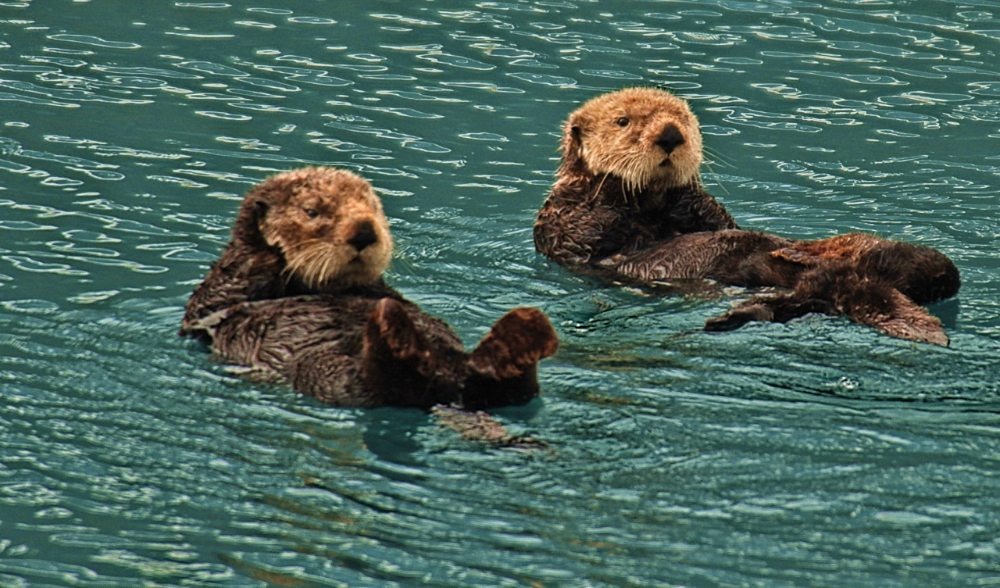Russians reached Alaska in the 18th century by navigating a narrow strait, later called “Bering” after the Dane explorer who was in the employ of Tzar Peter the Great. Bering’s search was motivated by a long-haired animal called the sea otter, whose thick fur was in great demand by Chinese mandarins. The search for the wily sea otter was the first international outdoor business by the Russian-American Company, whose presence reached into northern California.
Russia subsequently had financial and personnel problems with its Far Eastern interests, but Russia remained in place through its language (learned by Native employees) and the Russian Orthodox Church. As the sea otters were hunted out, the Alaska properties became less attractive to Russian investment.
At this point, American “Manifest Destiny” whispered that the United States had an obligation to control, or largely influence, its national expansion across North America. New York’s William Henry Seward (whose statue graces Seattle’s Volunteer Park as well as several nearby parks and schools), had served Lincoln and then been a candidate for the U.S. presidency. As Secretary of State in 1867, Seward offered Eduard Stoechl, the Russian Minister to the United States, $5 million for Russian holdings in Alaska. Eventually $7.2 million was accepted as a bargain payment for the vast Alaska lands, and the small rugged bayside town of Sitka, Alaska became a font of international activity.
Although American payments to Russia were slow, and the acquisition became fodder for local newspaper stories about “Seward’s Folly,” there was general agreement that Alaska’s vast resources (gold, petroleum, timber, marine resources, tourism, military bases) would eventually benefit the United States and particularly Seattle, which controlled Alaskan trade.
Russian president Vladimir V. Putin’s recent stopover in Alaska to meet with U.S. President Trump reminded Alaskans and historians of the strange relationship between parties interested in The Great Land. “Seller’s remorse” over the Alaskan sale may be part of Putin’s current interest in restoring Russian power on the global scene.
Discover more from Post Alley
Subscribe to get the latest posts sent to your email.
